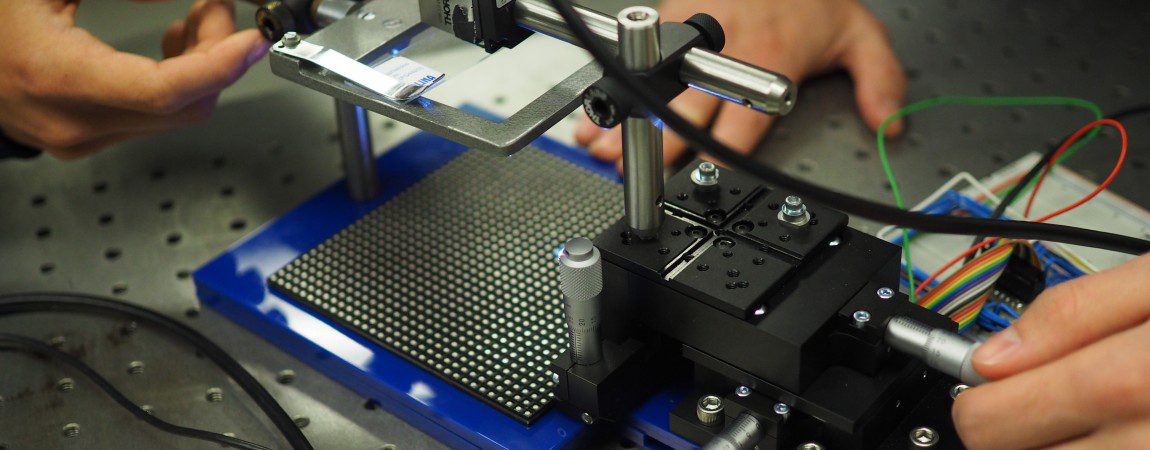Project Description
NoScope is an inexpensive and powerful lensless imaging system capable of producing 2D and 3D images of microscopic objects. The simplicity and robustness of this lensless system has significant benefits, including a lower price and increased portability. By leveraging light field and tomographic algorithms, the system consolidates images of an object, taken from multiple angles, into a final output image.
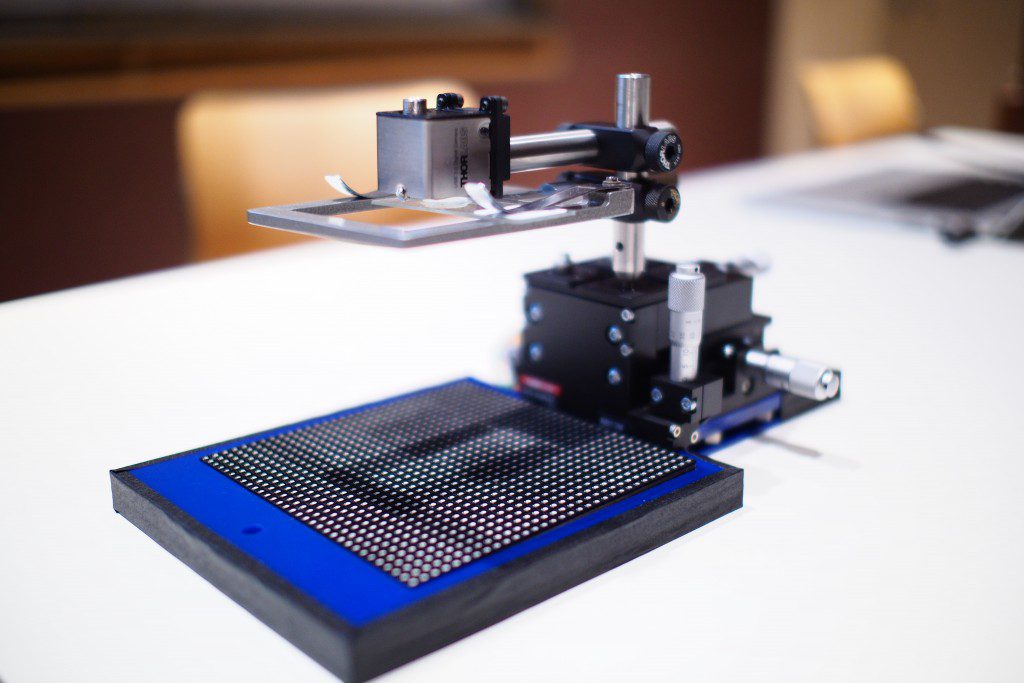
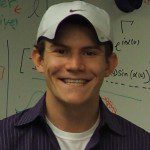
My biggest takeaway was how much I enjoy research when it applies to a product/tangible application. I spent four years working in a research lab as an undergraduate where all of my work was related to proving theory and publishing papers. Being able to set up experiments where the results were directly tied to our product was fun and rewarding, and ultimately led me to seek out and secure a position as an optical design engineer.
— Ryan J Frazier
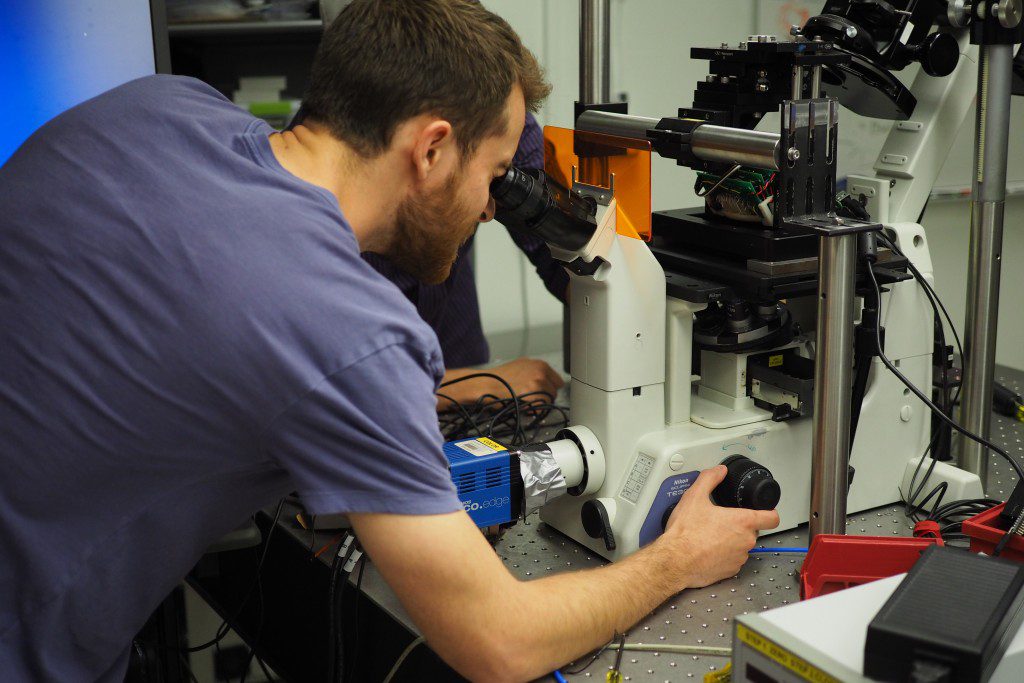
Project Objective
NoScope provides a powerful tool for microscopy that may be used in a variety of situations. In particular, we envision the price and portability of future iterations of NoScope to be useful for Malaria diagnosis in rural regions, where access to affordable and reliable diagnosis services is lacking.
Accomplishments
Within a limited period of time our team has developed a single imaging platform, along with the necessary computational techniques to produce reasonable quality microscopic images that are useful in many situations. A major advantage of this system is its use of multiple algorithmic techniques in producing 3D images, all without the use of any optical components. Furthermore, we have developed a novel approach to obtaining superresolution 2D images by physically shifting the camera sensor in minuscule steps, allowing us to overcome the camera constraints on resolution.
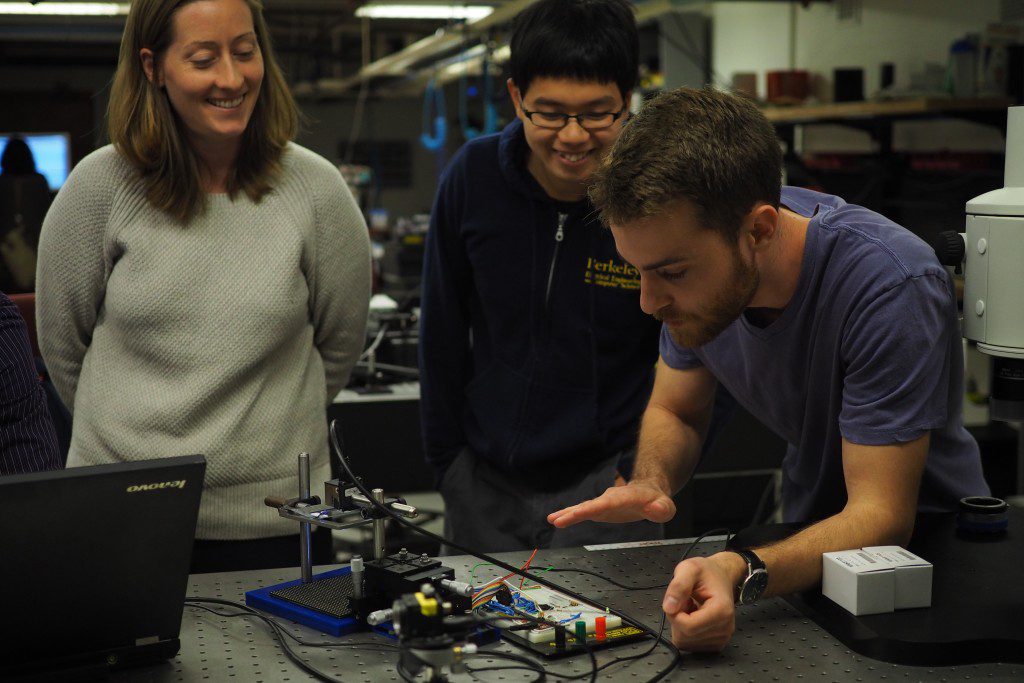
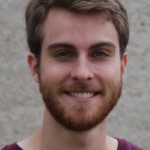
A valuable takeaway of mine was the process of structuring the project as various tasks, then effectively distributing those tasks among the team. This project also underscored the usefulness of simulation; since the physical prototype and computational techniques were under development simultaneously, an accurate simulation was highly useful for development and testing of the algorithms.
— Mark Hardiman
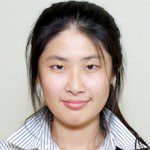
The most unique part of the Capstone Project is that it provides us with a platform on which to exercise the management skills we learned from class. Unlike traditional engineering projects, we actively documented the project planes and deliverables as we attacked tough engineering obstacles. We also learned the process for product commercialization, by developing IP strategies and conducting market researches around NoScope.
— Ying Ou
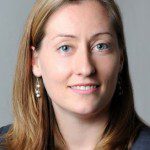
Faculty Advisor
Laura Waller heads the Computational Imaging Lab, which develops new methods for optical imaging, with optics and computational algorithms designed simultaneously. The specific focus is on measuring and controlling wave effects (such as phase, coherence or nonlinearity) in microscopes and cameras. Laura was a Postdoctoral Research Associate in Electrical Engineering and Lecturer of Physics at Princeton University from 2010-2012 and received BS, MEng, and PhD degrees in Electrical Engineering and Computer Science from the Massachusetts Institute of Technology (MIT) in 2004, 2005, and 2010, respectively. She is a Baker Fellow, Moore Foundation Data-Driven Investigator and NSF CAREER Awardee.
← View all Capstone Projects


